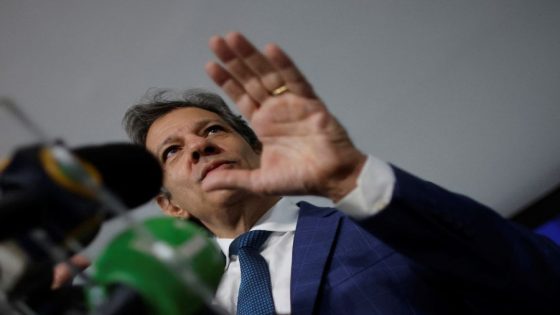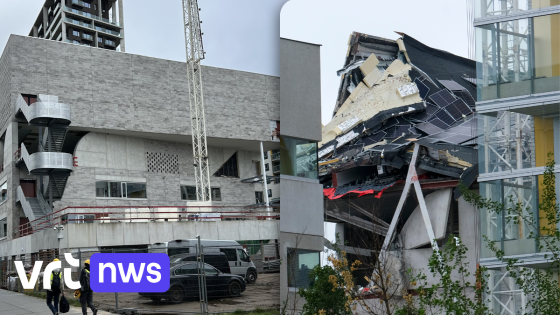On February 19, 2025, Minister Fernando Haddad faces a challenging situation as Brazil’s political landscape shifts. With President Lula’s re-election prospects uncertain, Haddad’s role as the potential successor is under scrutiny. Can he regain momentum amidst growing doubts about his leadership?
- Lula's re-election bid faces uncertainty.
- Haddad's popularity declines amid political struggles.
- Economic impact of undermining Haddad's position.
- Political ambitions complicate Haddad's ministerial role.
- Gleisi Hoffmann critiques Haddad's fiscal policies.
- Future candidacy depends on real chances.
Fernando Haddad’s Political Future and Economic Challenges in Brazil
What does the future hold for Minister Haddad? As the economy falters, his position as a strong candidate for the presidency in 2026 is increasingly questioned. Political rivals are eyeing his potential weakness, which could impact the upcoming elections. Will he be able to turn the tide?
Implications of Haddad’s Declining Popularity on Brazil’s Economy
Haddad’s weakening influence raises concerns about Brazil’s economic outlook. His fiscal policies have faced criticism, and internal party dynamics complicate his path forward. The following points highlight the current situation:
- Haddad’s popularity has decreased as inflation and public spending issues persist.
- Political factions within the ruling party are vying for power ahead of the 2026 elections.
- Critics within the PT party, including Gleisi Hoffmann, question Haddad’s strategies.
- Potential reforms may shift the political landscape, impacting economic decisions.
Challenges Facing Brazil’s Economy Amid Political Uncertainty
The intersection of politics and economics in Brazil is becoming increasingly complex. As Haddad navigates internal party challenges, the economy suffers from inflation and public discontent. How will these factors shape Brazil’s future?
The Role of Political Rivalry in Shaping Brazil’s Economic Policies
Political rivalry is intensifying as factions within the PT party challenge Haddad’s leadership. This discord could lead to significant shifts in economic policy, affecting both domestic and international markets. Will these changes foster growth or further instability?
Looking Ahead: What’s Next for Brazil and U.S. Relations?
As Brazil approaches the 2026 elections, the outcome will have lasting effects on U.S. relations and investments. Observers should closely monitor how Haddad’s situation evolves and the potential for new leadership to emerge. Will Brazil stabilize, or will uncertainty continue?































